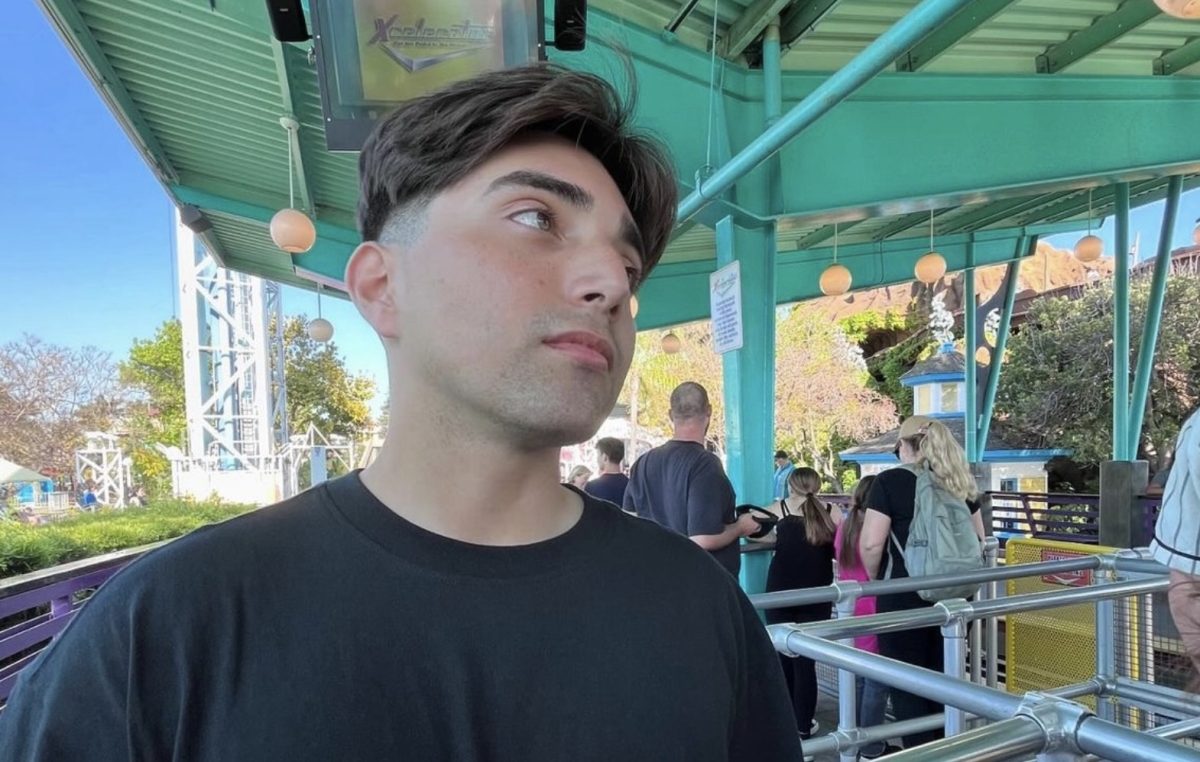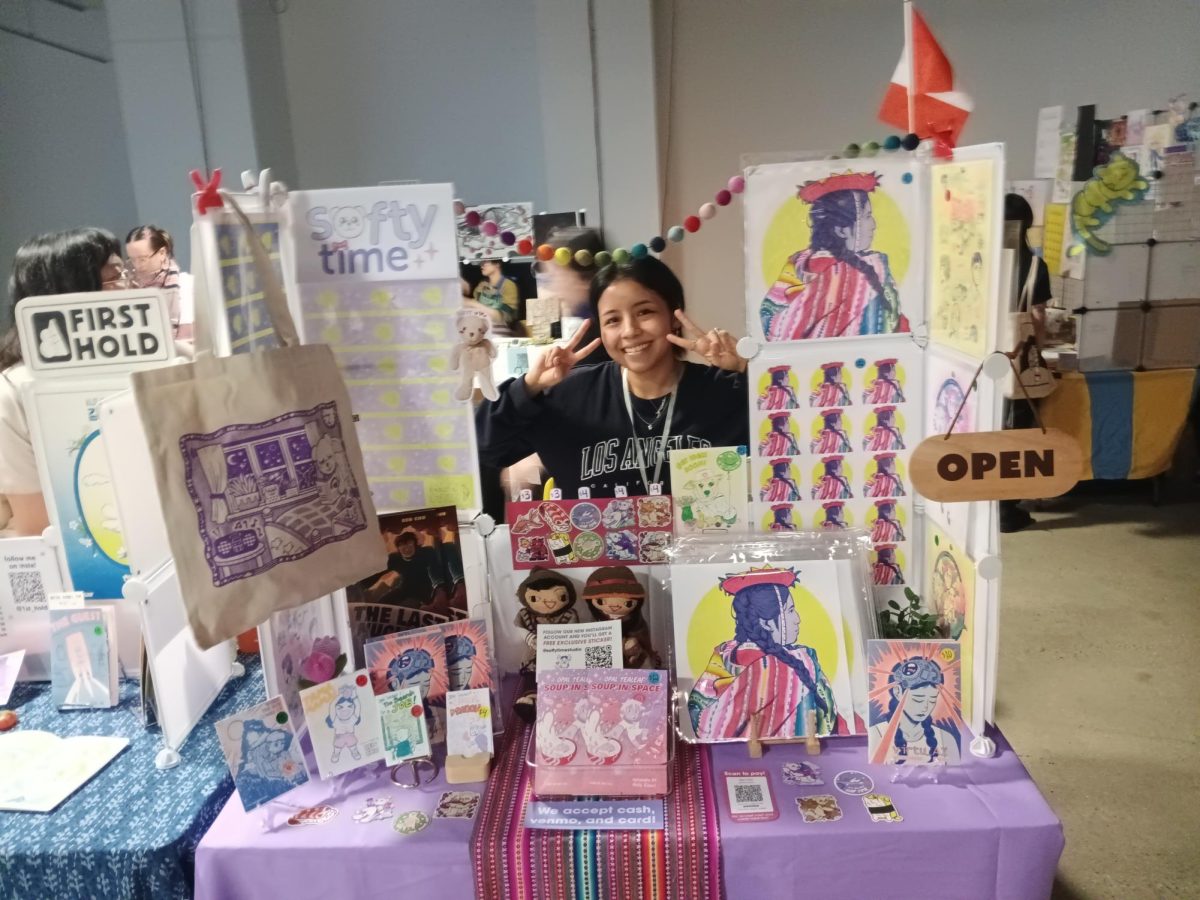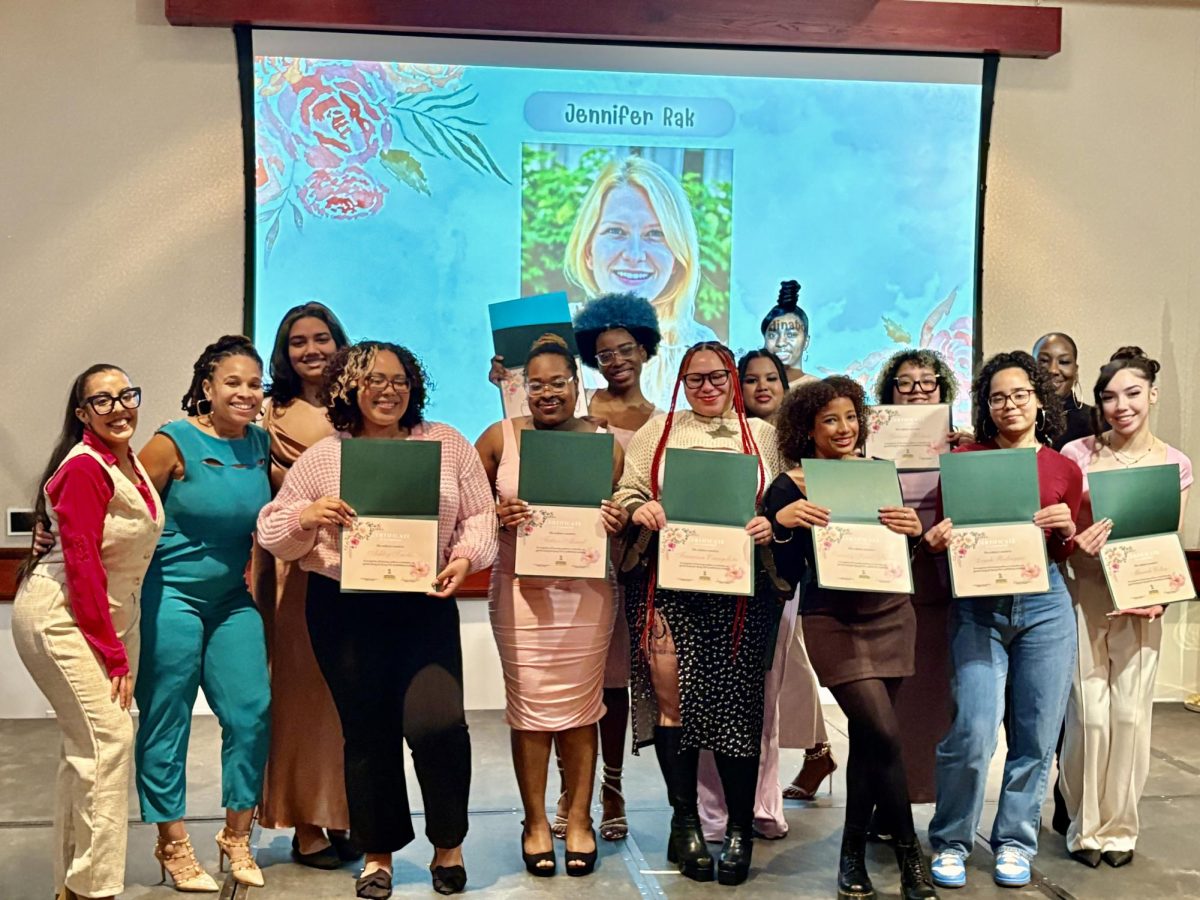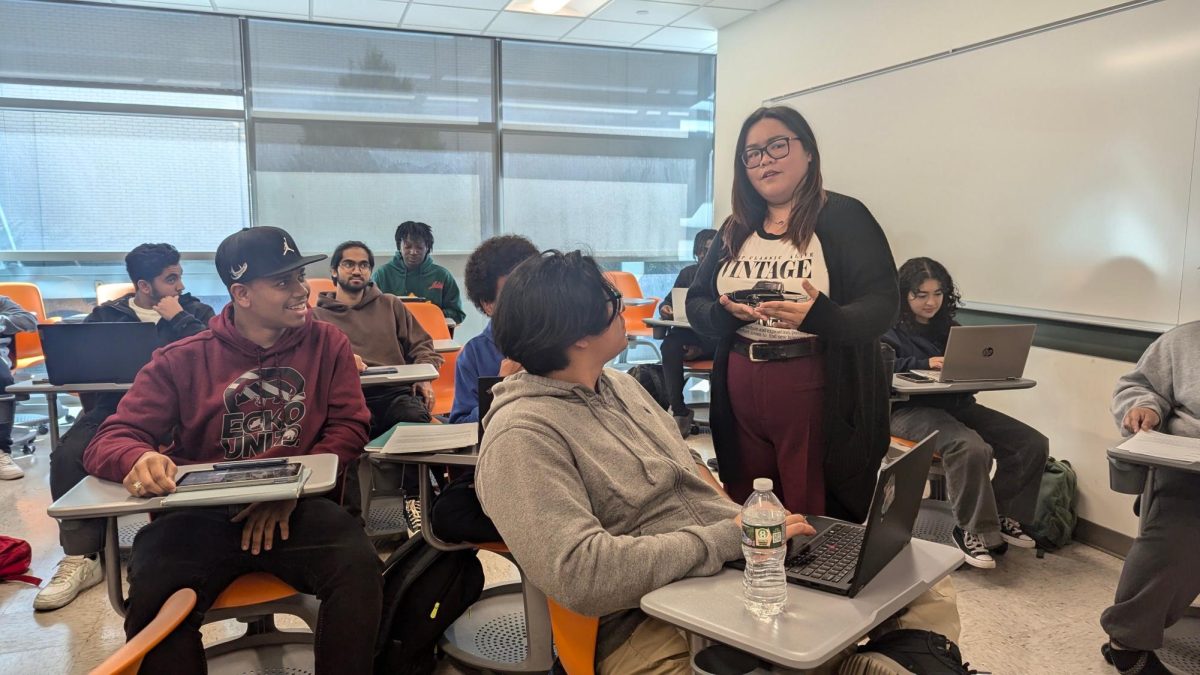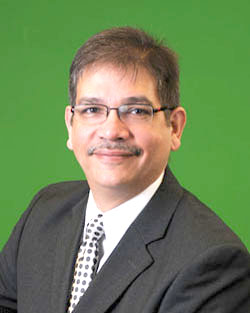
By Anthony Miles—
Dr. John Melendez doesn’t have a lot of time to waste. As Vice President of Student Affairs, he oversees over 100 employees in nearly 13 departments here on campus.
The Newark, NJ native now has even less time on his hands.
Molly Corbett Broad, president of the American Council on Education (ACE), announced in late March that Dr. Melendez has been picked as one of this year’s 50 new ACE Fellows for the upcoming academic year.
Being an ACE Fellow is a great honor in the academic community and is a testament of Melendez’s leadership skills who has 30 years of experience in higher education.
Dr. Henderson, NJCU’s new president, thought Melendez would be a great fit and recommended his nomination for the fellowship.
“I was kind of surprised at first because I had only known her for such a short time,” said Melendez.
He remembers her saying, “I think you could benefit from this leadership opportunity…Let’s just apply and see what happens.”
His time, effort, and experience were definitely rewarded.
“The application process was long,” said Melendez, “I had to do five essays on different topics related to higher education. Some that were introspective about [my] view of where higher education should be, and [my] views on leadership.”
He added that the process, “wasn’t something where it was just filling out an application: name, address, and keep your fingers crossed.”
Along with several essays, Dr. Melendez was also asked to provide a number of recommendations from colleagues that included Dr. Henderson, Dr. Javier Cevallos, President of Kutztown University, along with Vice President of Academic Affairs Joanne Bruno, and former NJCU president Carlos Hernandez.
In January, Melendez was notified that he was being considered as a finalist for the fellowship and was sent down to Washington, D.C. to interview with seven groups of “dyads,” as he so eloquently describes them.
Within three to four weeks of that interview in D.C., Melendez was sent an email congratulating him for being accepted as an ACE Fellow for the 2013-2014 year.
He says, “I was really ecstatic. The first thing I did was shoot a text to my wife, and then I shot an email to Dr. Henderson thanking her and letting her know, and then an email to the people that recommended me thanking them for their support.”
Dr. Melendez is excited about the opportunity and believes that this fellowship will be particularly valuable to him.
He says, “I’ve been here since 1985 as a financial aid counselor and now almost 30 years later as Vice President. I am very proud of that.”
However, Melendez does seem remised that for the first time—in a long time— he won’t be driving to NJCU, but instead will be commuting to one of the host institutions that he is chosen to work with. As part of the fellowship, he will be learning and collaborating with that institution to determine ways to help improve higher education. On his list are universities like CUNY Baruch, NYU, Columbia, Pace, and Fordham.
He says he “wanted to stay in this geographic area even though I have the opportunity to go anywhere in the country,” because of his parents who are now older, his wife, and his children.
His Hispanic roots shine through when he suggests, “If I was going to go far away, I wouldn’t mind doing my placement in Puerto Rico. I can get my Spanish to a level I never thought I would be able to.”
He adds, “I also think that there are many institutions in Puerto Rico that are doing some cutting edge stuff on International Education.”
One of Dr. Melendez’s goals is to work with his host school to produce a leadership project that will enhance international opportunities for students. He reports, “Currently, [NJCU] has an underdeveloped international study presence.”
Melendez wants to bolster that presence by “recruiting international students and having students from other countries study here for one semester or even their entire four or five year degree.”
According to him, “it will also include faculty exchanges and administrative exchanges.”
Currently, the university has about 80-90 international students. Melendez reveals, “I don’t think that’s a strong enough number…Queens College where Dr. Henderson came from has 800 international students.”
He adds, “Given our location [and] with a more robust recruitment…students in other countries would think of us as a place for destination.”
He remits, “right now we’re not on the map.”
Dr. Melendez closes with, “I think there is an opportunity there for students that are working class, working poor, middle class to see how other universities, that have similar populations, are doing it. Maybe we can bring that here.”
I am sure he’s not wasting any time trying to figure out how.





